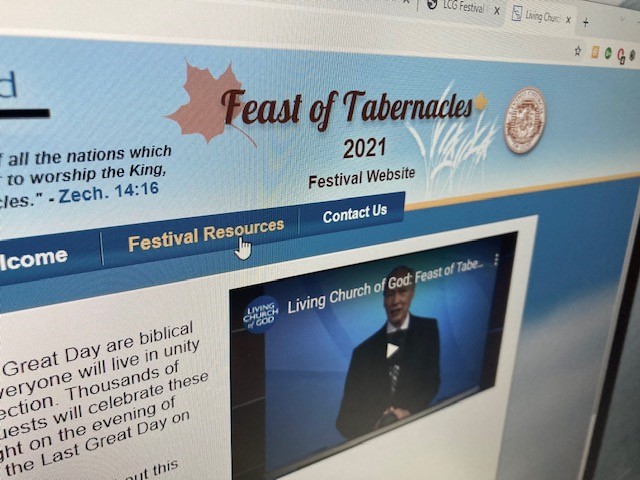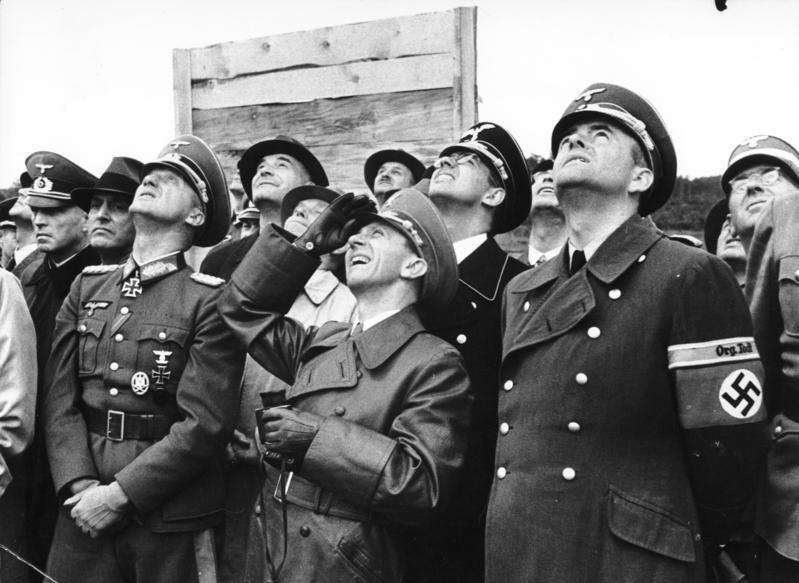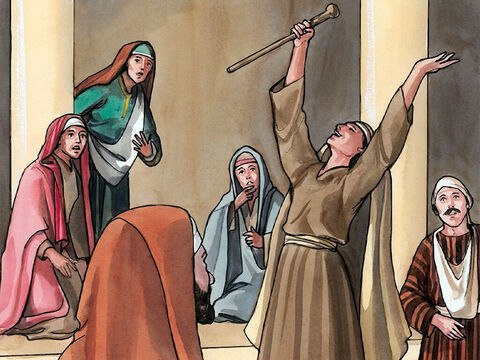Forum Summary: A Behind-the-Scenes Look at Festival Planning
Author: Ryan Price | Student, Living Education – Charlotte 2021
Estimated reading time: 2 min. 31 sec.
A few days before this year’s Feast of Tabernacles, Mr. Rod McNair, the Assistant Director of Church Administration who has worked in the Festival Office at Headquarters for around sixteen years, gave the LivingEd students an in-depth overview of the details that go into planning for a Feast site, encouraging them to keep the right priorities when going to the Feast.
Festival planning takes place years before the Feast.
Before the Feast of 2021 even began, the Festival Office had been setting things into motion for 2022, and many of the sites had been selected. For some, contracts had been signed for rooms and venues, which is important, because a lot of venues are booking two to three years in advance. Many things need to be considered when picking a venue itself: Is it affordable? Does it have places in which to fellowship and opportunities for activities? Is it set in a Millennial atmosphere? It can be challenging to find places that meet all these criteria, but God always causes it to work out. Right after the Feast, once Mr. McNair gets home and files his reports for the year, he and other planners in the Festival Office begin assigning coordinators and having write-ups created for next year’s sites.
Registration is a very complex and detailed process.
This year, a tentative cap was set to keep the number of people per Feast site at around 400. However, keeping track of that can be difficult, especially when you have 90 different Feast sites in 50 different countries. To simplify the process, they use an administration system to know where everyone is going, who is transferring where, each site’s demographics, and who will not be attending. This is why it is so important to register for the Feast—it’s nearly impossible for the coordinators to plan if they don’t know who’s coming to their site.
Remember why you’re going.
After explaining the Festival planning process, Mr. McNair took the remaining time he had to ask the students a question: “What’s important at the Feast?” It’s not about the location, accommodations, or whether our friends are there; it’s about worshiping God and growing together. He asked the students to think about this as they got ready to go to the Feast, and left us with a challenge. “So often, we tend to socialize with those that we know, and other people can be left out…. When you go to the Feast, get to know new people. Include others in your group; maybe reach out beyond your age group. Think about the widows, and look for people who might be alone this Feast, or for people for whom it might be their first Feast. What will their impression be?”


 Bundesarchiv, Bild 146-1992-093-13A / Hubmann, Hanns / CC-BY-SA 3.0, Bundesarchiv Bild 146-1992-093-13A, Offiziere und NS-Führer, u.a. Goebbels und Speer, CC BY-SA 3.0 DE
Bundesarchiv, Bild 146-1992-093-13A / Hubmann, Hanns / CC-BY-SA 3.0, Bundesarchiv Bild 146-1992-093-13A, Offiziere und NS-Führer, u.a. Goebbels und Speer, CC BY-SA 3.0 DE





